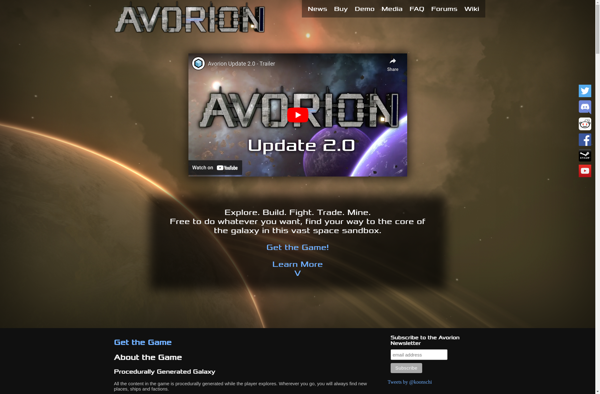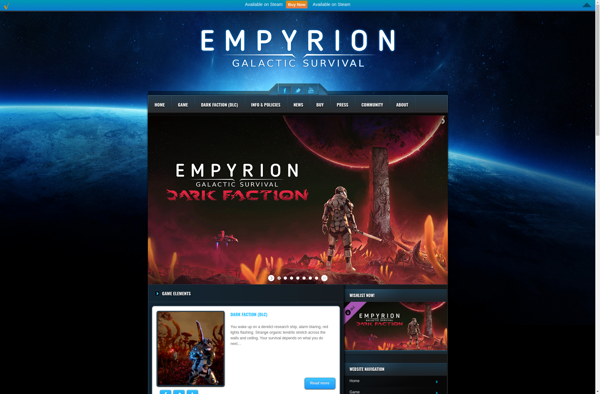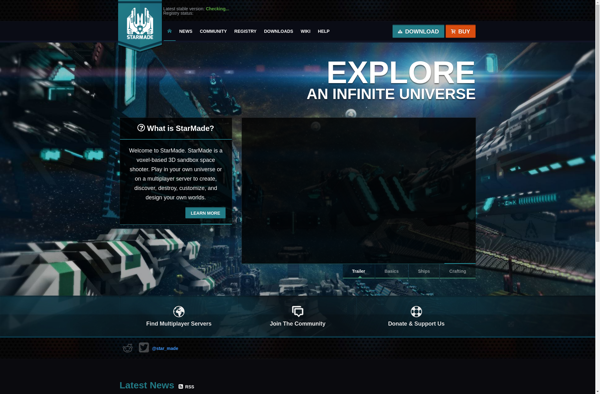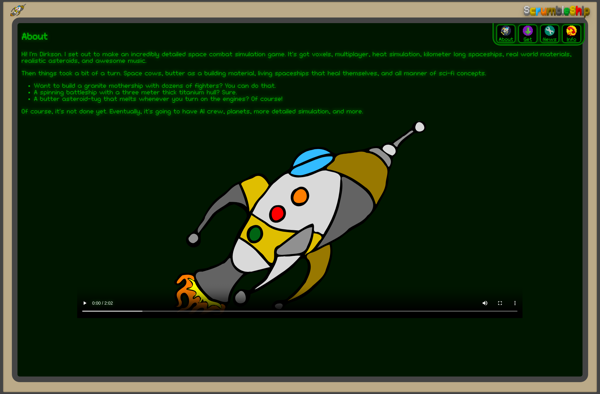Dyvox Pytheas
Dyvox Pytheas: Open-Source Lightweight Python Library for Neural Voices
A lightweight and open-source Python library for building neural voices, allowing developers to easily train new text-to-speech models with minimal code.
What is Dyvox Pytheas?
Dyvox Pytheas is an open-source lightweight Python library designed specifically for building neural text-to-speech (TTS) voices. Developed by Dyvox, Pytheas makes it easy for developers to train new neural TTS models from scratch with just a few lines of code.
One of the key advantages of Pytheas is its simplicity and flexibility. You don't need to be an expert in deep learning or signal processing to use it. The library provides high-level APIs that abstract away the complexity of neural network architecture design and model training. All you need is a dataset of audio recordings and their aligned text transcripts.
In just a few steps, Pytheas allows you to configure, train, and deploy production-ready TTS models based on state-of-the-art neural network architectures like Tacotron 2, FastSpeech 2, and Glow-TTS. It also supports multi-speaker model training for building varied and natural-sounding voices.
Pytheas models can be easily deployed for inference on both CPUs and GPUs. The library provides optimized waveform synthesis and vocoding functions that can generate high-quality speech audio on the fly from input text. Output formats like WAV, MP3, OGG are supported.
With its simple yet powerful APIs, Pytheas lowers the entry barrier for building custom TTS solutions. It's ideal for developers, creative professionals, machine learning engineers, researchers looking to get started with neural TTS and speech synthesis.
Dyvox Pytheas Features
Features
- Open-source lightweight Python library
- Train new neural text-to-speech models with just a few lines of code
- Easily build neural voices
Pricing
- Open Source
Pros
Cons
Official Links
Reviews & Ratings
Login to ReviewThe Best Dyvox Pytheas Alternatives
Top Ai Tools & Services and Text-To-Speech and other similar apps like Dyvox Pytheas
Here are some alternatives to Dyvox Pytheas:
Suggest an alternative ❐Avorion

Evochron Mercenary

Empyrion

Galaxy on Fire (Series)

StarMade

Shores of Hazeron

0x10c
ScrumbleShip

Masterspace

Bitfighter
